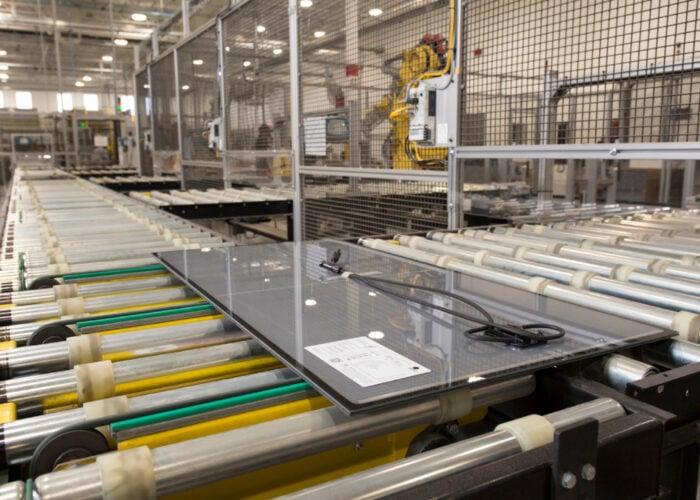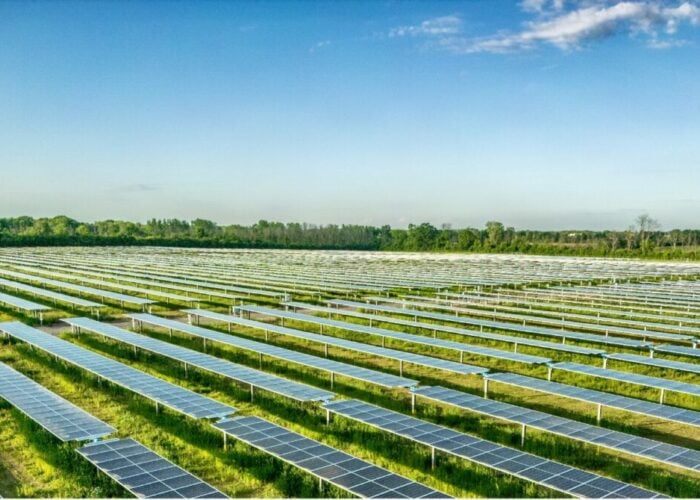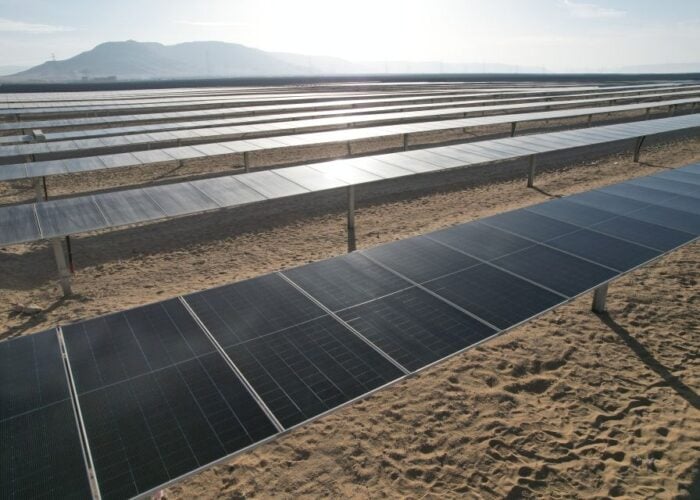When the New South Wales (NSW) Minister for Climate Change, Carmel Tebbutt, was asked what the government was doing to promote renewable energy, she confirmed the speculation that the NSW government would be introducing a solar feed-in tariff. Tebbutt claimed that it would be a way to abide by the mandatory renewable energy target of 20% energy from renewable sources by 2020.
Tebbutt said that, “a feed-in tariff…will further drive renewable energy generation in New South Wales…by [driving] innovation and [increasing] the uptake of this relatively new technology.”
Try Premium for just $1
- Full premium access for the first month at only $1
- Converts to an annual rate after 30 days unless cancelled
- Cancel anytime during the trial period
Premium Benefits
- Expert industry analysis and interviews
- Digital access to PV Tech Power journal
- Exclusive event discounts
Or get the full Premium subscription right away
Or continue reading this article for free
A small task force has been set up to begin research and discussions in the beginning of 2009 so that the Minister and the government can receive feed back and have the feed-in tariff in place midway through 2009. Their plan is for the solar rebate to give community members support that either wish to, or already have, installed solar panel systems.
Tebbutt stated that the Rees Government would spend $27 million to increase the state’s solar, wind, biogas and geothermal technologies. The funds will be distributed to project such as the Liddell Power Station, which will be given $9 million to increase the solar thermal plant, the geothermal hot rock generation in the Hunter Valley, which will get $10 million and around $3 million will go to biogas generation in Wagga Wagga.
Tebbutt concluded by saying, “I am advised that once completed these projects combined will generate or displace grid electricity by more than 390,000MW hours per year—the equivalent annual power demand of 49,000 homes. The Rees Government is serious about supporting renewable energy by introducing a feed-in tariff to support the uptake of solar power and investing in a range of renewable energy technologies to support these emerging technologies and reduce our reliance on coal-fired electricity.”






